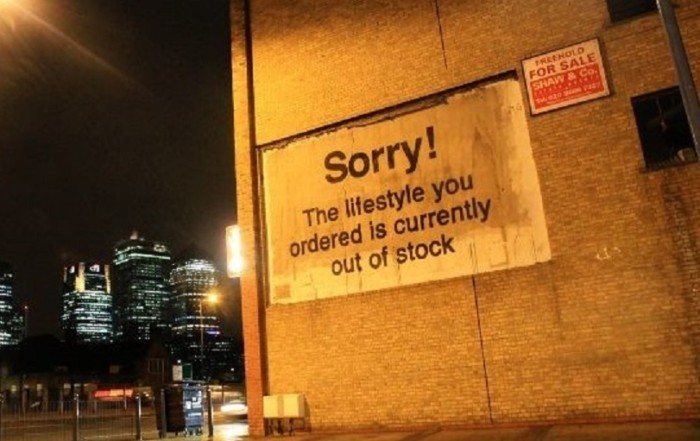Supply Chain Problems Will Persist Because The System Is Being Sabotaged
Krugman is perhaps the worst and most arrogant economist/propagandist in the US, and though he belatedly acknowledged the inflation and supply chain threat after arguing for the past two years that it was “transitory,” he now claims that the traditionally accepted indicators of recession “don’t matter” anymore and that there is no downturn. How many times can this guy be proven ignorant and still keep his job? It’s this kind of disinformation that keeps the public in the dark on what is about to happen. Maybe it’s because of stupidity and ego, or maybe it’s a deliberate attempt to keep the population docile (I say it is deliberate), but in either case the American people are being put in great danger when it comes to the false narrative on inflation and the supply chain. The longer they are led to believe the disaster will simply go away on its own, the less time they have to prepare. The bottom line is this: Things are only going to get worse from here on. Maybe slowly, or maybe quickly depending on a handful of factors.




